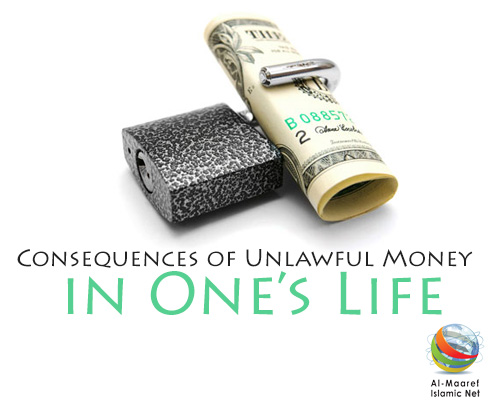Thinking is an incredible activity. We do it all the time automatically.
Scientists say that we never stop having the words move through our minds. Even
when we are asleep a flow of words is streaming around inside of us. In fact,
while human beings can speak at the rate of 150 to 200 words a minute, we think
at the rate of 1300 to 1800 words a minute [and we read from 200 to 400 words a
minute on average]. This helps to explain why our mind sometimes wanders when we
are listening to someone [or their mind wanders when we are speaking!].
Our thoughts are the single most important physical item in determining our
destiny. How we think will dictate how we feel and how we react to situations in
life. That, in turn, will determine our success or failure.
What is thinking? It is basically our mind talking to ourselves. Every human
being is constantly talking to themselves - they just don't usually do it out
loud. Everyone has both negative and positive fleeting thoughts. You know the
kind. They just seem to come into our mind from nowhere. These are not the
thoughts that will effect our destiny. If it is just in and out there is no
lasting impression, but if we choose to spend time dwelling or meditating about
the thought then it becomes a part of who we are and will impact our lives for
better or worse.
Our mind has the ability to evaluate facts and decide what is true or false. It
make a wrong decision based on incomplete or inaccurate data, but it will
evaluate information. We can then decide what to think about.
Our emotions are the opposite. They cannot evaluate facts. They simply react to
what the mind tells them is true. For example, imagine you are back in school.
Unexpectedly you are called to the Principal's office. Your mind evaluates the
information and tells your emotions - "You are in trouble now." Instantly, the
butterflies in the stomach start, your legs move slower, fear wells up in your
heart. When you get to the principal's office you find out he just wanted to
thank you for some volunteer work you had done. What happened? Your mind fed
your emotions misinformation and your emotions simply reacted.
Since our thoughts are programming our lives at the rate of 1300 to 1800 words a
minute, 24 hours a day, it is extremely important what kind of thoughts we allow
in our minds. It is important what kind of TV we watch, what kind of music we
listen to, and what kind of friends we have. If we are constantly getting
negative input, our programming is going to be largely negative, which, in turn,
will hinder our ability to live happy, healthy lives.
It is especially important what kind of language we use with children. Their
minds are in the process of developing the ability to evaluate facts. While they
are in the process, they tend to believe everything they hear. If someone tells
them they are stupid, or lazy, or will never amount to anything, they will tend
to accept it as fact. Even when they mature they find it hard to overcome that
kind of thinking which was programmed into them in their youth. Yes, children
[and adults, too] have to be corrected when they are wrong, but it should never
be in a way which devalues them as a person or introduces negative thinking into
their minds.
How does this apply to reading? Many times children are labeled as having a
learning disability simply because they have struggles in some areas. All of us
are different. All of us struggle in some areas. In the case of reading, often
the problem is more with ineffective methods of teaching reading than with the
child. Because of hearing it so often, the child begins to think of himself or
herself as learning disabled. They, then, don't believe that they can ever
learn. What a crime!
Now, I recognize that some people have genuine physical, mental, or spiritual
issues which hinder their ability to learn. In extreme cases it may prevent them
from learning. But, in most cases, amazing progress is possible if a person will
simply believe in themselves with the right kind of thinking.




















